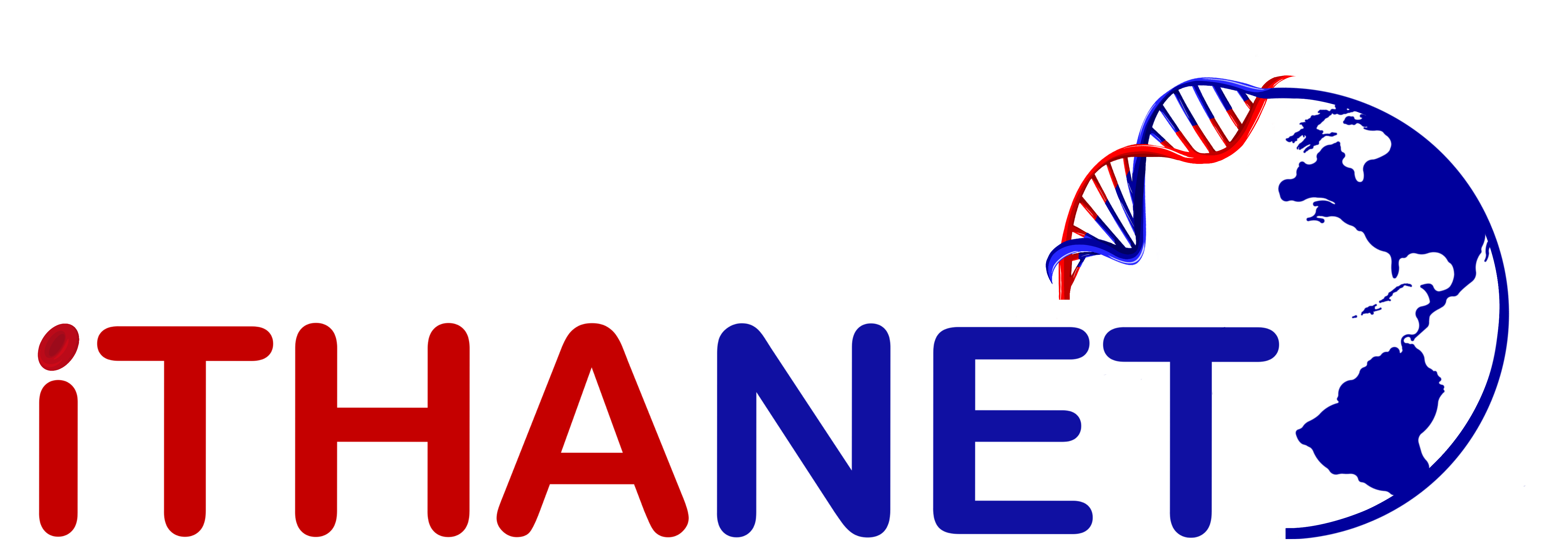
GeneID: 233
Names
| Common Name: | TLR2 | Type: | Gene |
|---|---|---|---|
| Chromosome: | 4 (NC_000004.12) | Locus: | NG_016229.1 (TLR2) |
| HUGO Symbol: | TLR2 | Full Name: | toll like receptor 2 |
| Exons: | 3 | Introns: | 2 |
Description:
The TLR2 gene encodes a member of the Toll-like receptors (TLR), which comprise a class of pattern recognition receptor (PRRs) proteins expressed on cells of the immune system. They play a crucial role in pathogen recognition, thus, triggering a protective inflammatory response. TLRs are highly conserved from Drosophila to humans and share structural and functional similarities. TLR2 can form heterodimers with other TLR family members to recognize conserved molecules derived from microorganisms known as pathogen-associated molecular patterns (PAMPs). TLR2 specifically recognizes lipopolysaccharide motifs on surfaces of microorganisms. Activation of TLRs by PAMPs leads to an up-regulation of signalling pathways to modulate the host's inflammatory response. This gene has been implicated in the pathogenesis of several autoimmune diseases. Polymorphisms in this gene associated with recurrent respiratory infections and severe bacterial infection in patients with sickle cell disease. Alternative splicing results in multiple transcript variants.
Synonyms: CD282 , TIL4
Comments:
N/A
Number of entries/variants: 1
Publications / Origin
- Beutler BA, TLRs and innate immunity., Blood , 113(7), 1399-407, 2009
- O'Neill LA, Golenbock D, Bowie AG, The history of Toll-like receptors - redefining innate immunity., Nat. Rev. Immunol. , 13(6), 453-60, 2013
- David S, Aguiar P, Antunes L, Dias A, Morais A, Sakuntabhai A, Lavinha J, Variants in the non-coding region of the TLR2 gene associated with infectious subphenotypes in pediatric sickle cell anemia., Immunogenetics , 2017